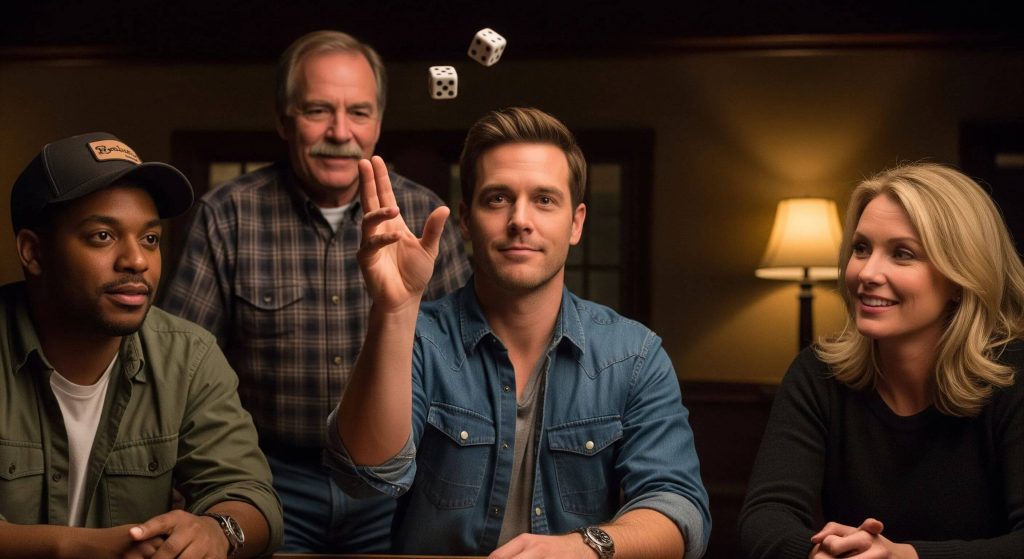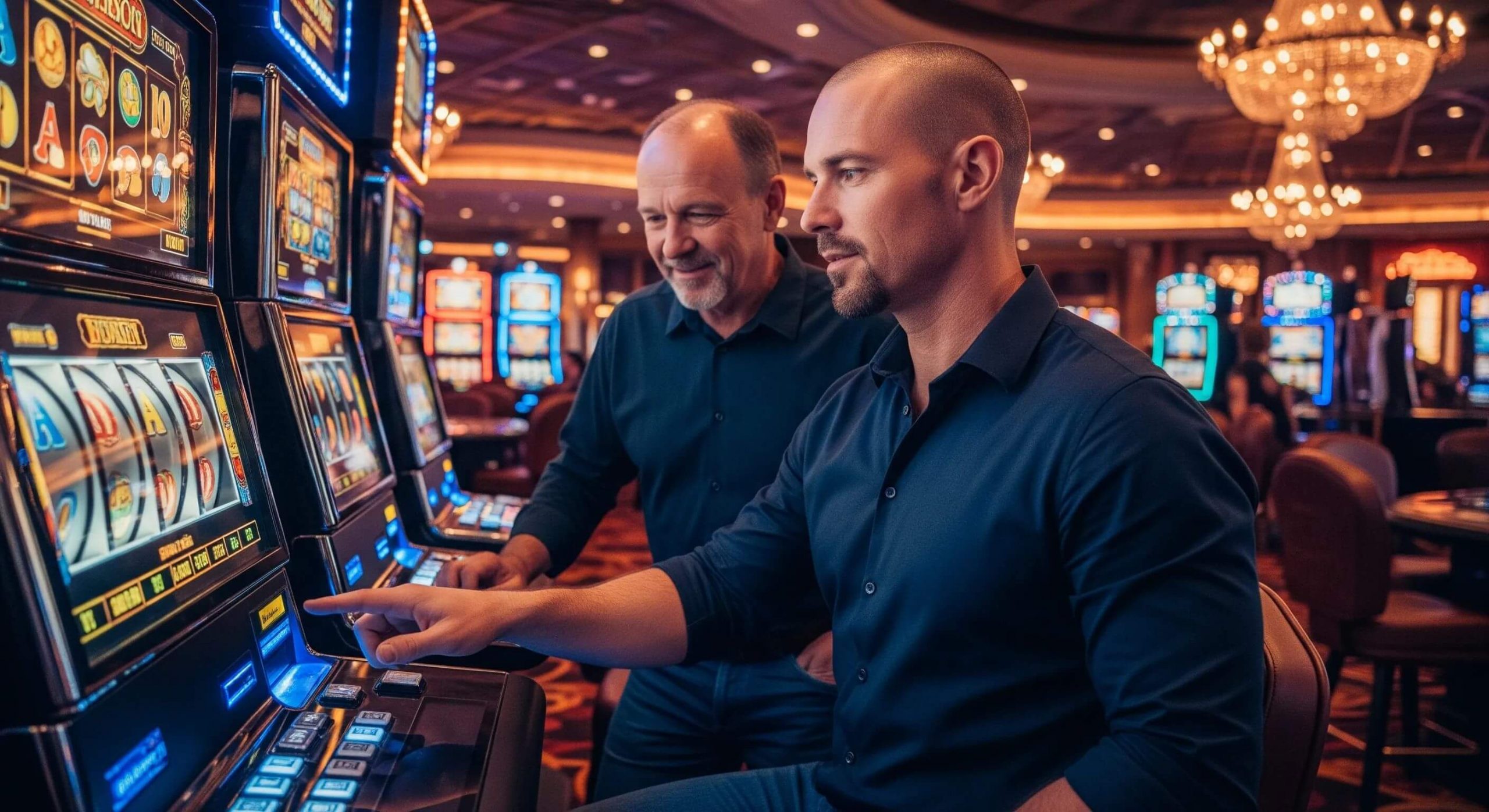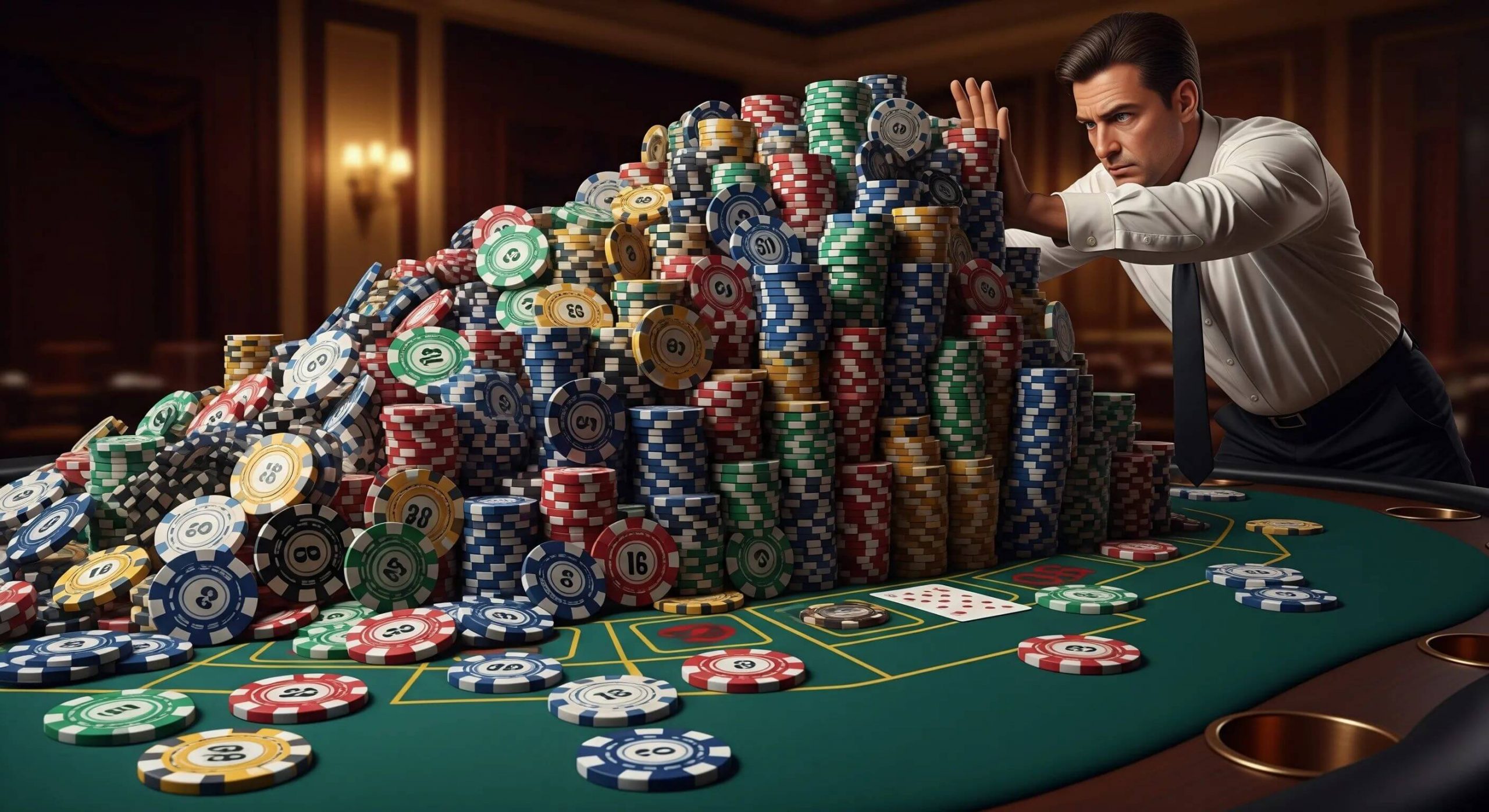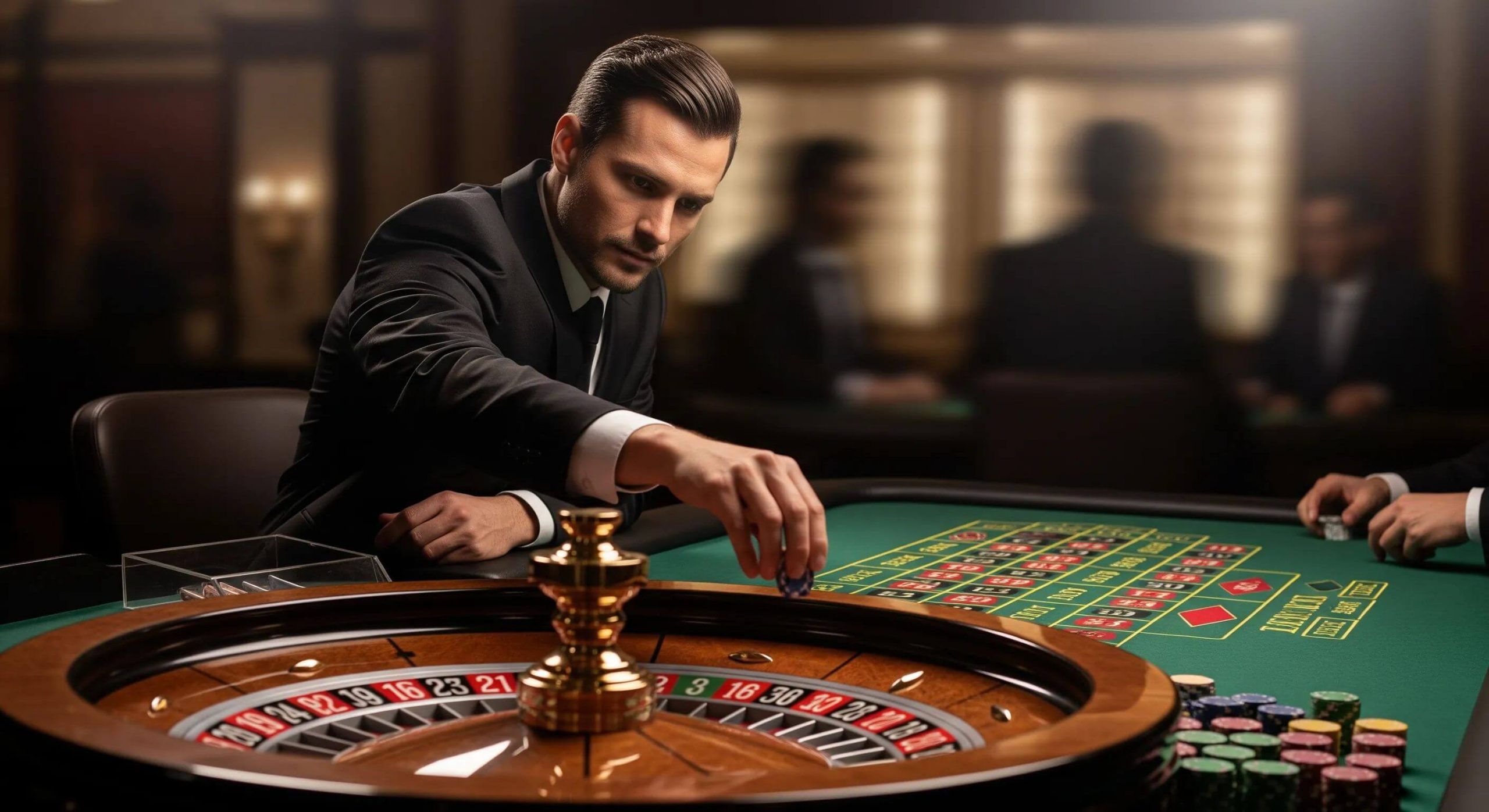
How Emotions Influence Decision-Making at the Casino

When you walk into a casino — whether brick-and-mortar or digital — you’re not just bringing your strategy or your bankroll. You’re also bringing your emotions, and they’re playing every hand right alongside you. While many think understanding odds and game rules is enough, what separates seasoned players from hobbyists is the ability to recognise when emotions are in the driver’s seat. And in this business, when your emotions run the table, your chips usually vanish without a trace.
The illusion of control in a charged environment
Casinos are designed to stir your emotions. Lights flash, sounds chime — it’s all wired to keep your adrenaline ticking. Even online platforms like Lucky Days recreate this atmosphere with flashy interfaces and timed bonuses meant to simulate urgency. Novices often think they’re making rational decisions when, in reality, the environment is pressing subconscious buttons. Here’s the kicker: Most punters don’t even realise their confidence skyrockets after a win, pushing them to raise their bets — a textbook case of emotional decision-making. The term for that? The hot hand fallacy. You’re not on a streak; you’re just chasing smoke.
The emotional arc of a gambling session
Every experienced player knows that each session follows an emotional arc. It starts with anticipation, shifts to excitement or frustration based on early outcomes, then either spirals into tilt or settles into a rhythm. If you can’t recognise where you are emotionally in that arc, you’re gambling blind.
Recognising tilt before it costs you
Tilt isn’t just a poker term; it’s the red mist that clouds judgment across every game. If you just lost three hands in a row at blackjack, your instinct might be to double down in an attempt to “get it back.” That’s not strategy — that’s emotional sabotage. I once watched a promising player lose five grand in ten minutes at the craps table. He swore he had a system, but truth was, he was deep in tilt and running on ego fumes. Only way to avoid it? Take breaks. Force pockets of stillness. Much like what makes Ruby Fortune appealing — its calm interface interrupts manic pacing — your mental strategy should build in cool-down time.
The false confidence trap
Wins are more dangerous than losses in many cases. Beginners often mistake a lucky streak for skill and then start playing outside their limits. It’s the old trap: you make better decisions when scared than when overconfident. Veterans know how to ride a win quietly without getting greedy. Letting emotion inflate your ego turns manageable games into a one-way ticket to the cashier’s window — and not the one where you collect.
Building emotional discipline
Discipline is the unsung art of gambling. Sure, bankroll management matters, but emotional discipline is the secret weapon. It comes down to self-awareness — clocking when you’re excited, rattled, or desperate. I always tell newcomers: if you can’t walk away after a win, or worse, can’t stop after a loss — you’re not gambling anymore, you’re reacting. One of the most important lessons in mistakes beginners make when gambling online is ignoring those emotional cues.
Tools and tricks seasoned players use
Old-school players used to rely on subtle rituals. We’d count breaths or touch a lucky token, not for superstition, but to reset our heads. Online, set time and wager limits. Keep a log of sessions to track patterns. If you notice a behavioural change when you’re up or down, that’s where emotion’s leaking in. Some sites even offer pause features — use them. If your heart’s pounding or you’re gritting your teeth, do yourself a favour: walk away.
The final bet — choosing wisdom over impulse
Gambling isn’t just about numbers — it’s about knowing when to act and when to wait. Emotional intelligence at the table is every bit as important as understanding house edge. Short-term wins might light you up, but long-term gains come from cool heads and deliberate choices. You won’t avoid every emotional spike — we’re only human — but you can learn to spot the tilt before it devours your stack. Remember, it’s never about one hand or one night. It’s about playing the long game with grace, control and a clear mind.
 Related Blog posts
Related Blog posts

